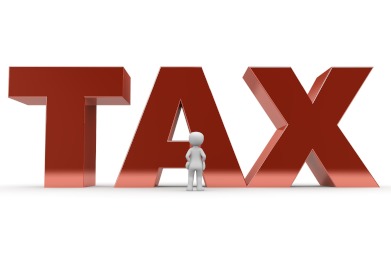It’s vital that Australian expats check whether there is a double tax agreement between Australia and the country that they’re living and working in to determine their residency status for their Australian tax return, according to Cooper Grace Ward Lawyers partner Fletch Heinemann.
“What we're seeing is that the ATO is often taking a position that if somebody has connections with Australia they continue to reside in Australia and therefore continue to be a tax resident of Australia for Australian income tax purposes,” Mr Heinemann said.
You’re out of free articles for this month
“However, often those clients will also be tax residents of the country that they're living and working in overseas and if there is a double tax agreement between Australia and that country, that double tax agreement then overrides the Australian domestic law to the extent that there's any inconsistency.”
“This can sometimes make it easier to help determine whether somebody is actually an Australian tax resident, if they have the benefit of the protection of that double tax agreement.”
Mr Heinemann said it’s important to note that tax residency is a completely different test from immigration status.
“We often see cases where clients may not have a permanent immigration status but they still qualify as a tax resident in that particular country. Similarly, we also see situations where a client does have a permanent immigration status in that country but has failed to meet the criteria to be a tax resident of that country,” he said.
“This is really important, if you are not a tax resident of the country overseas, then you won't get the protection of the double tax agreement.”
Mr Heinemann said that expats need to check the residency article for the double tax agreement for Australia and the country they live in, and check what the tie-breaker tests are.
“Basically, the tie-breaker test means that you are only deemed to be a tax resident of one country and not both,” Mr Heinemann said.
“The first tie-breaker test is usually the permanent home test. So, it checks on whether you have a permanent home available to you in the overseas country and also whether you have a permanent home available to you in Australia.”
“It's really important to check the specific tie-breaker test in each double tax agreement. They are not the same for each country and they apply in a particular order so you need to make sure that you are checking the double tax agreement that applies to the country where you're living and working.”
Other tie-breaker tests can include checking a person’s nationality, a habitual abode test which tests which country you stay more often in, or a test which looks at where your personal or economic relations are closer according to Mr Heinemann.

 Login
Login






